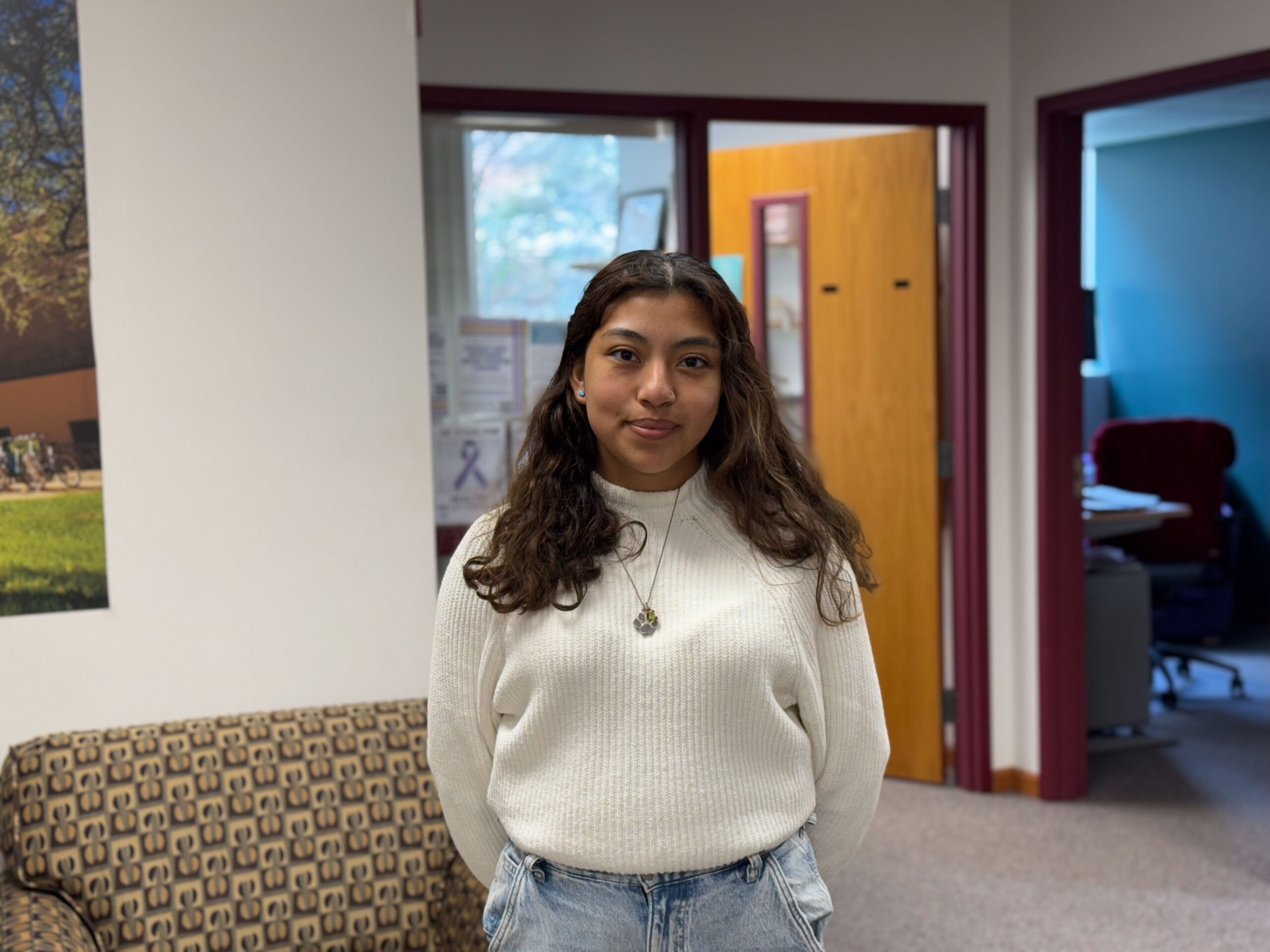PIN, or the Prevention-Intervention Network, is a student-led organization that educates and trains other students on becoming empowered to prevent and intervene against interpersonal violence.
This year, the group has been led by Brianne Brenneman, a professor who directs the undergrad program in public health. In 2015, PIN began with the support and work of students and Kendra Yoder, a sociology professor.Although PIN has been active since its inception, many people still are unaware of what PIN is or what they do: “The organization focuses on prevention of sexual violence and its many forms. It gives people the attitudes and skills to build a healthy and safe community,” Brenneman said.
Student-led discussions provide knowledge to students, Brenneman said. “When people know the differences between healthy and unhealthy relationships, they can employ those good characteristics.”
Arleth Martinez, a junior sociology major with a minor in social policy and advocacy and a PIN student leader, said that it is important to talk about prevention. “A lot of stats and stories [on sexual assault] are from big campuses,” she said, “but even if we are a smaller campus and it can feel safe, things can still happen and instead of ignoring it and rubbing it off, we need to find ways to help support survivors.”
“You don’t see it as often [on smaller campuses], but it is important to do preventative work so students can see it is safe and there is a community,” she continued. “We do this work so people can feel like they can stand up for themselves and others instead of looking away from it.”
Fernando Daza, a sophomore double major in business and peace, justice and conflict studies who is also involved in PIN, beamed when asked about the Take Back the Night event on March 7: “I wasn’t going to go originally because I was stressed, but when I was there … we saw the importance. Kennedy [Stewart] was leading the chants and I took over … I didn’t know much about it and they handed me a paper with the chants and I started doing it. I didn’t know I had it in me, but many came up to me and congratulated me on how well I did!”
Daza continued, “The meaning of taking back the night is that I should be able to walk alone and not be scared to walk outside at night. Being there was empowering and I felt good doing it.”
Brenneman is a strong advocate of bystanders becoming more active. She explained it clearly: “One of my goals for tonight and in general, is to stop the usage of the phrase, ‘It’s none of my business.’ No! It is your business if your friend is in an unhealthy or abusive relationship. It is your business if a professor is being inappropriate with your friend. It is your business to say and do something about it! Intervention can come in many ways — it doesn’t always mean yelling and causing a grand scene.”
She continued, “This is what we stand for at GC — safe and healthy relationships of all types.”
Martinez gave some words of encouragement to those wanting to join PIN: “It is honestly like a safe space where everyone can come together and sometimes it can be really hard but having a good support system is very special and I think that anyone that wants to get involved can reach out to myself or the advisers: Brianne, Emily [Hahn] or Kendra [Yoder].”
PIN’s work on campus has created various safe spaces where people can all come and share their experiences or gain more knowledge on healthy and unhealthy behaviors within relationships, both romantic and platonic.
Brenneman said, “We can give people the information, but just giving info is not changing culture. We are trying to shift from a place that says ‘we can just get over it.’ No! We stand for change and we want to invite everyone to be a part of this solution.”




